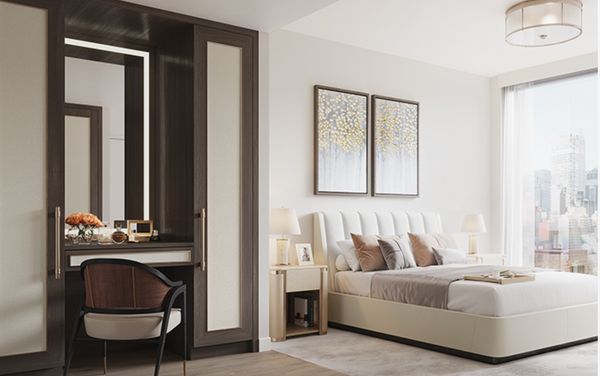
Coterie Hudson Yards
505 West 35th Street, New York, NY 10001
Assisted Living , Memory Care , Independent Living

505 West 35th Street, New York, NY 10001
Assisted Living , Memory Care , Independent Living
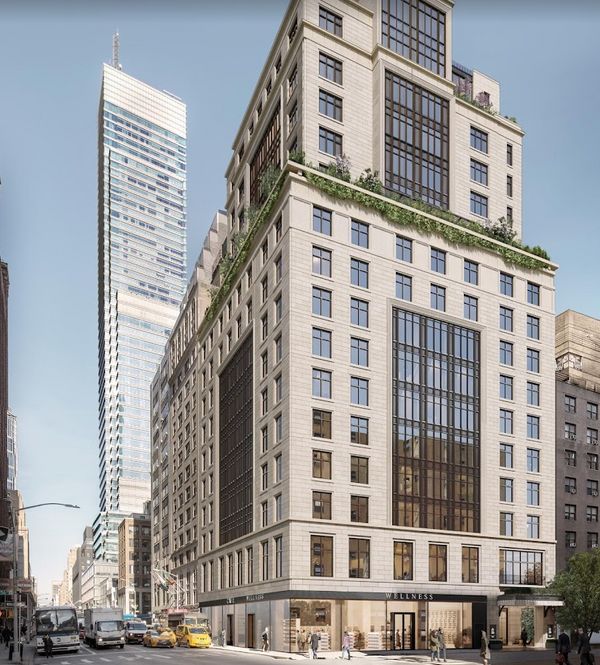
139 East 56th Street , New York, NY 10022
Assisted Living , Memory Care

333 West 86th Street, New York, NY 10024
Assisted Living , Independent Living
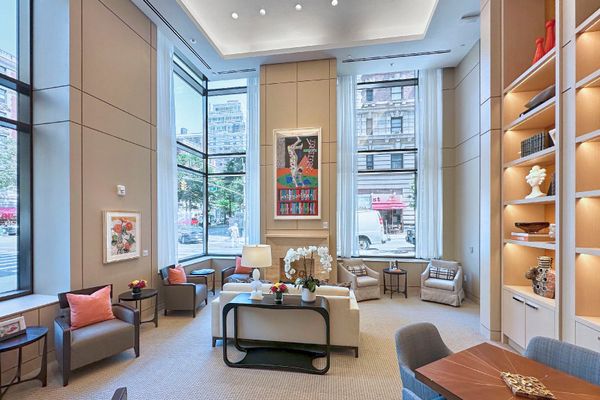
2330 Broadway, New York, NY 10024
Assisted Living , Memory Care
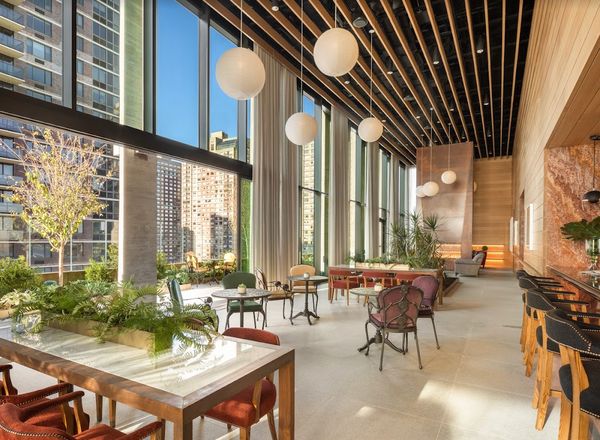
1802 Second Avenue, NY, NY 10128
Assisted Living , Memory Care
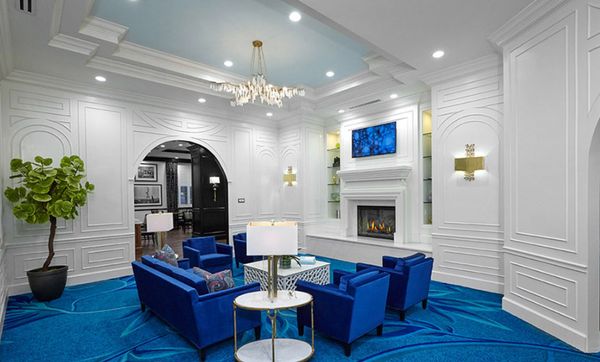
305 West End Avenue, New York, NY 10023
Assisted Living , Memory Care , Independent Living
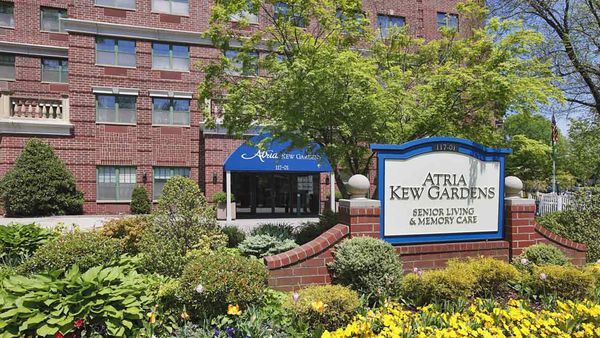
117-01 84th Avenue, Kew Gardens, NY 11418
Assisted Living , Memory Care , Independent Living
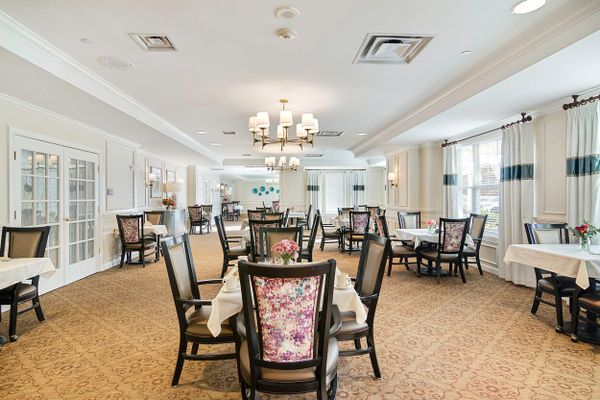
801 Narrows Road North, Staten Island, NY 10304
Assisted Living , Memory Care
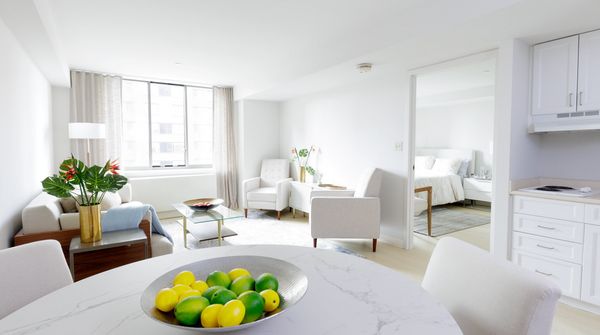
1844 2nd Avenue, New York, NY 10128
Assisted Living , Independent Living
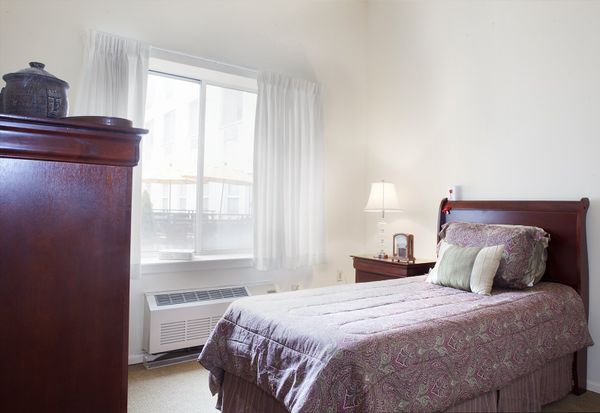
2211 Emmons Avenue, Brooklyn, NY 11235
Assisted Living , Memory Care
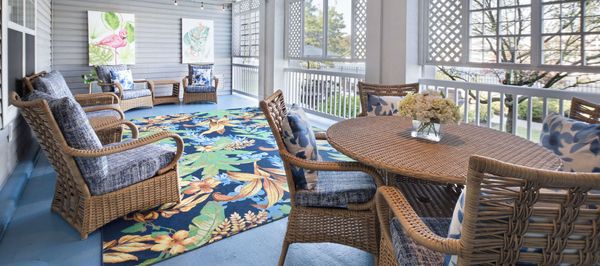
5905 Strickland Avenue, Brooklyn, NY 11234
Assisted Living , Memory Care
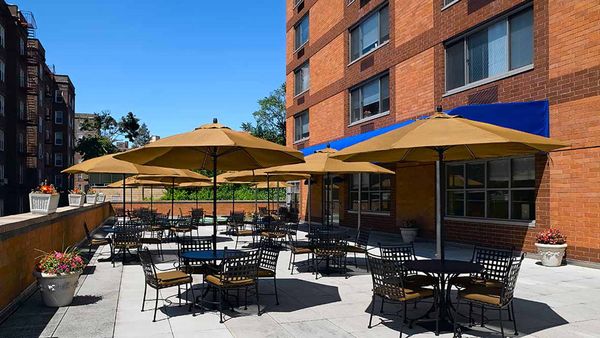
112-50 72nd Avenue, Forest Hills, NY 11375
Assisted Living , Independent Living
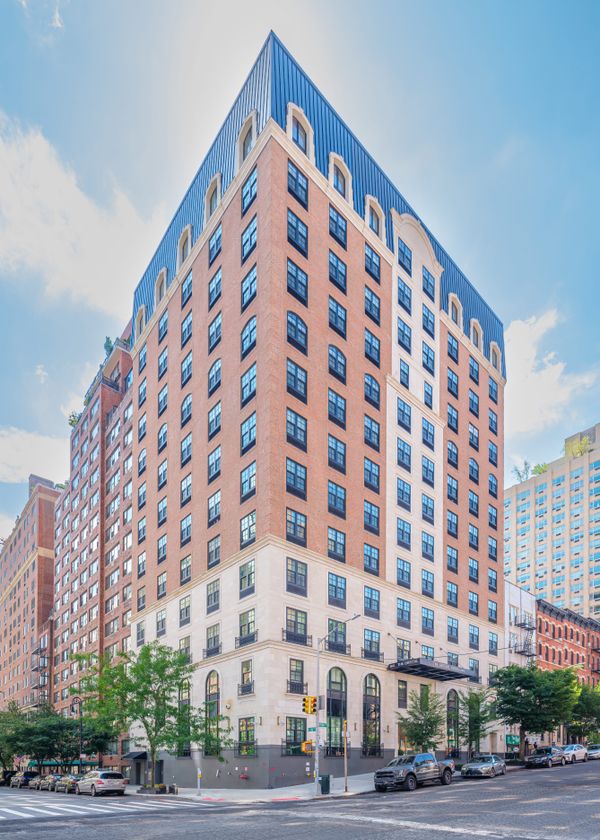
1622-1632 York Avenue, NY, NY 10028
Assisted Living , Memory Care , Independent Living

21 Clark Street, Brooklyn, NY 11201
Assisted Living , Memory Care , Independent Living
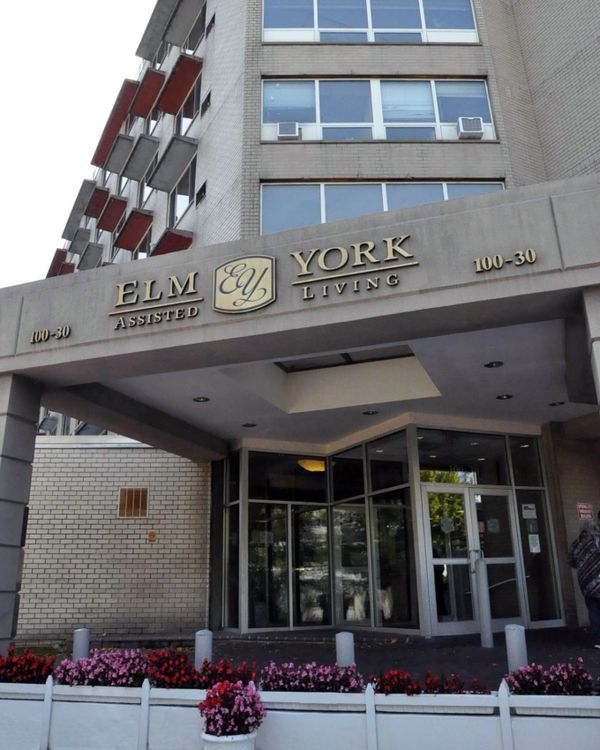
100-30 Ditmars Boulevard, East Elmhurst, NY 11369
Assisted Living
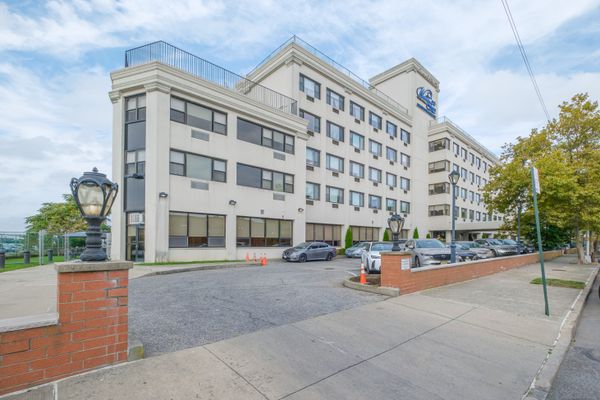
2900 Bragg Street, Brooklyn, NY 11235
Assisted Living
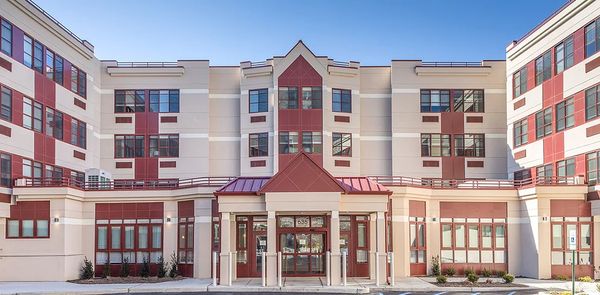
636 Louisiana Avenue, Brooklyn, NY 11239
Assisted Living

108-25 Horace Harding Expressway, Forest Hills, NY 11368
Assisted Living , Memory Care
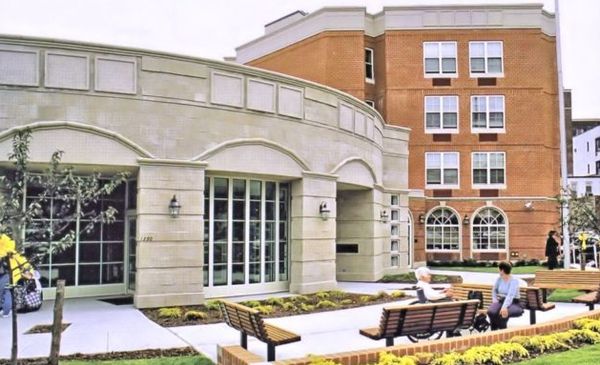
1250-1270 67th Street, Brooklyn, NY 11219
Assisted Living , Skilled Nursing Facility
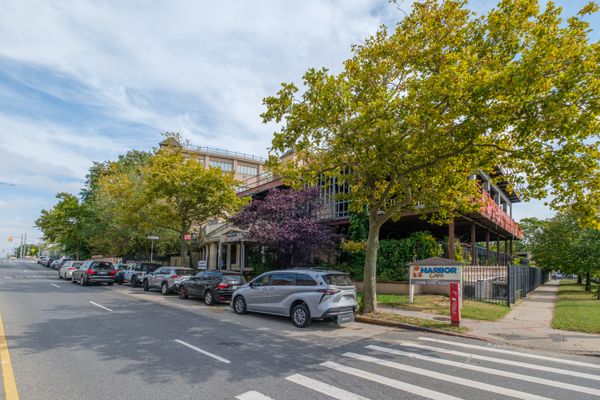
3900 Shore Parkway, Brooklyn, NY 11235
Assisted Living
The figures below show the average monthly starting costs for assisted living of nearby cities. Keep in mind that these figures are an average, and that the numbers used to calculate it spanned a wide range. In fact, Seniorly data suggests that most families will underestimate their monthly budget by almost 20%, meaning that once inclusions and services are factored in, they can actually afford more than they originally thought.
Excellent
Seniorly Community Score
The Seniorly Community Score is a comprehensive and unbiased rating system that takes into account multiple factors crucial to senior living quality. We've meticulously analyzed thousands of senior living communities across the country to create an innovative and accurate assessment of each community's strengths and offerings. The Seniorly Community Score employs a user-friendly scale from 1 to 10, with 10 signifying an exceptional senior living community and 1 representing the lower end of quality, ensuring an easy-to-understand and transparent evaluation for families.
For active older adults who want to downsize to a home in a retirement community but don't need help to live independently.
A supervised and secured community designed to support engagement and quality of life for residents living with dementia.
For residents who want to age in place as their care needs change—from Independent Living to nursing care. Requires a buy-in fee.
For seniors with more serious medical needs who require skilled care following a hospitalization, illness, or surgery. Nursing Homes are also known as skilled nursing facilities.
Homes in residential neighborhoods that are equipped and staffed to provide daily care for a small number of residents.
Get access to personalized senior living and care options.